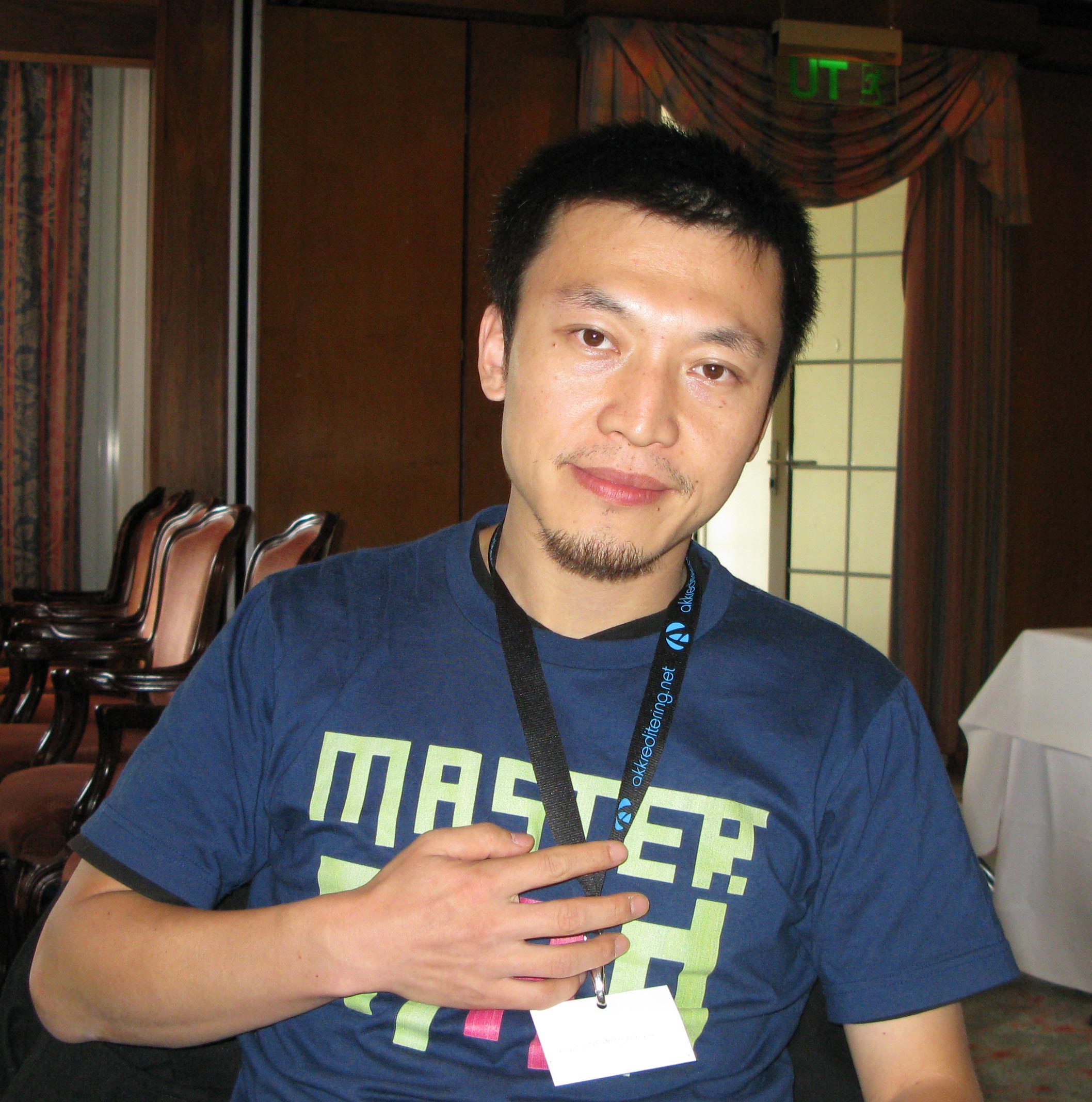This list is doing the rounds under the headline 100 Best Blogs for Journalism Students… and we’re not on it. Nope, not even a smidgeon of link-love for poor old Journalism.co.uk there.
The BachelorsDegreeOnline site appears to be part of e-Learners.com, but it’s not clear who put the list together. Despite their omission of our content and their rather odd descriptions (e.g: Adrian Monck: ‘Adrian Monck writes this blog about how we inform ourselves and why we do it’), we admit it is a pretty comprehensive list; excellent people and organisations we feature on the site, our blog roll and Best of Blogs mix – including many UK-based ones. There were also ones we hadn’t come across before.
In true web 2.0 self-promotional style, here are our own links which any future list-compilers might like to consider as helpful links for journalism students:
- Journalism.co.uk for industry news, events and developments
- Journalism.co.uk Editor’s Blog for the titbits, tips, trade tools, recommendations and daily editors’ picks.
- Insite: an advanced internet research skills.news blog by Journalism.co.uk’s consulting editor and trainer, Colin Meek.
- Journalism.co.uk training section and forums.
And here are some blogs/sites also left off the list which immediately spring to mind as important reading for any (particularly UK-based) journalism students:
Organisations
- Global Voices Online – essential for anyone interested in press freedom issues (Co-founder, Ethan Zuckerman’s blog, is here)
- The Frontline Club blog, as above.
- Crikey.com: news from down under that’s not Murdoch, or Fairfax produced.
- Press Review Blog (a Media Standards Trust project) – it’s a newbie, but already in the favourites.
- Centre for Journalism from the University of Kent
- The UK National Union of Journalists news site and its president, Jeremy Dear’s, blog
- StinkyJournalism: it’s passionate and has produced many high-profile stories
- International Federation of Journalists (though we’ve had problems accessing their site or feeds lately)
- British Journalism Review (now in its 20th year)
Individuals
- CurryBet – Martin Belam’s links are canny, and provocative and break down the division between tech and journalism.
- Malcolm Coles – for SEO tips and off-the-beaten track spottings.
- Dave Lee – facilitating conversations journalists could never have had in the days before blogs.
- Joanna Geary – as above
- Marc Vallee – photography freedom issues from the protest frontline.
- FleetStreetBlues: an anonymous industry insider with jobs, witty titbits and a healthy dose of online cynicism.
- Alison Gow for a view from the regionals
- Sarah Hartley previously as above, now with more online strategy thrown in.
- The e-Grommet for links.
- Charles Arthur – for lively debate on PR strategy, among other things
- Shane Richmond’s blog at the Telegraph.
- MarkMedia (view from Scandinavia)
- Kristine Lowe (as above)
- Media Culpa (as above)
- Richard Sambrook, BBC big cheese and excellent blogger
- Justin Williams, Telegraph assistant editor
- Matthew Buckland, media views from South Africa
- Craig McGill – bridging journalism and PR.
Writing this has only brought home further the realisation that omissions are par for the course with list-compilation, but it does inspire us to do our own 101 essential links for global online journalists – trainees or otherwise. We’d also like to make our list inclusive of material that is useful for, but not necessarily about, journalists: MySociety for example.
Add suggestions below, via @journalismnews or drop judith at journalism.co.uk an email.
 Isaac Mao, who is often referred to as China’s first blogger (pictured right) and has watched bloggers slowly changing China’s media landscape for the better, found the absence of livebloggers and users of microblogging sites such as Twitter surprising.
Isaac Mao, who is often referred to as China’s first blogger (pictured right) and has watched bloggers slowly changing China’s media landscape for the better, found the absence of livebloggers and users of microblogging sites such as Twitter surprising.